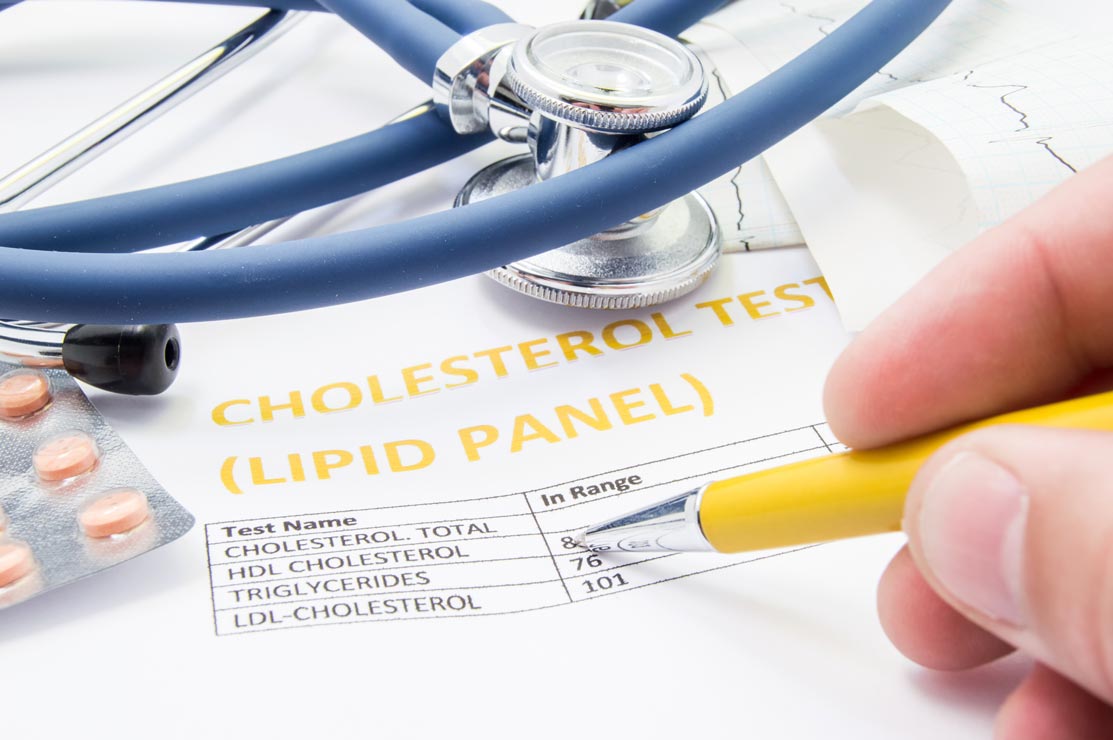Can Guggul Improve Cholesterol Levels?

Guggul has been used in Ayurveda both traditionally and currently to treat high cholesterol and the resulting atherosclerosis, a condition called medoroga in ancient Sanskrit texts. 1 Although research and historical evidence suggests guggul may help lower high cholesterol, the verdict is not yet in from a western medical perspective.
In a modern review of 53 relevant clinical trials done to assess the efficacy and safety of herbal medicines used to treat high cholesterol, guggul was one of the substances found to decrease total cholesterol and LDL cholesterol significantly after treatment. 26 But the reviewers noted some conflicting data, made only more confusing by incomplete reporting of results in a widely publicized article refuting guggul’s effectiveness in reducing cholesterol. 26-27
The results of this clinical trial , as published in the Journal of the American Medical Association (JAMA), made a splash with headlines such as Herbal Extract Is Faulted in Study in the L.A. Times and Cholesterol Pill In, Resin Out on the CBS website (which claimed that guggul might have “dangerous effects on cholesterol levels.”) 28-29 However, some non-reported, non-published, or non-emphasized data in this study make it far from the definitive conclusion these headlines would suggest. In fact, the positive effects of guggul from this study might be indicative of the opposite conclusion.
How Does Guggul Work to Reduce Cholesterol?
In laboratory studies it was discovered that two chemical components of guggul (guggulesterones and cembranoids) regulate receptor sites on cells that are also controlled by bile secretions from the liver. These receptors help control cholesterol absorption and breakdown. Guggulsterones affected the receptor that regulates cholesterol metabolism in the liver, while the cembranoids modulated other receptors that control gastrointestinal absorption of fat and cholesterol.32
Other Clinical Trials on Guggul and Cholesterol
Results of a more recent small but well-designed clinical trial conducted in Norway demonstrated that daily oral intake of 2160 mg of guggul significantly reduced total cholesterol levels compared to the control group. The trial participants (43 adult men and women with moderately high cholesterol) were randomly assigned into a guggul-treated group or a placebo group and blood lipids were tested at the beginning, middle, and end of the trial. Even though the total cholesterol levels were significantly reduced in the treated group the LDL cholesterol was not lower—similar to the University of Pennsylvania study reported in JAMA.31



